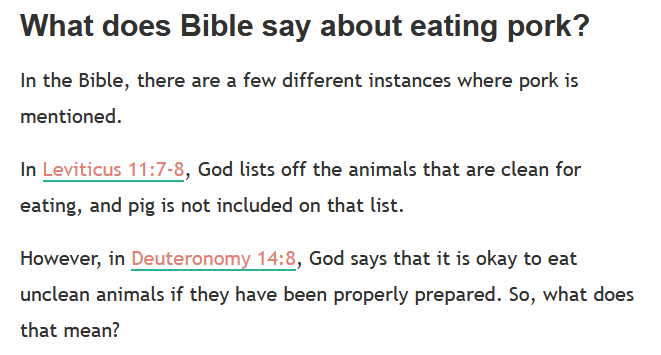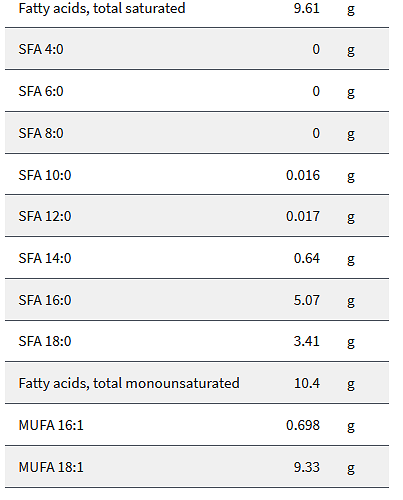It’s just a challenge to make our arguments relative to the normal arguments.
For instance, “cows fart methane and lead to global warming”. While it’s true that cows do belch (not fart) methane, the reality is much more complex than this. You’re immediately on the defensive, as you have to begin to figure out how to discuss something that’s complex rather than pithy.
And then there are things like “saturated fat” being bad for you. The “science” behind that has never been good and is unfounded really (see below). But that’s hard to discuss.
Below: How does saturated fat supposedly cause heart disease? I know of no physical mechanism this could take place. I have seen a chain: saturated fat causes LDL to go up; higher LDL is associated with higher heart disease. Two links in a chain.
The problem is that each link fails. For instance, “saturated fat” isn’t monolithic and instead is made of many fatty acids. I’ve seen very narrowly tailored studies where only one fatty acid is modified, say palmitic acid (saturated fatty acid) versus linoleic acid (PUFA). But we don’t actually eat single fatty acids, and something like ribeye has many fatty acids. This is for a ribeye:
Like most (all?) meats, it’s mainly MUFA for fat. You eat this combination of fatty acids, what happens to your LDL? It’s tough to say.
And it’s relatively easy to find studies where people with higher LDL live longer than those with lower LDL.
But all of this makes our arguments tougher, because we have to consider nuance.

 … nah…
… nah…
